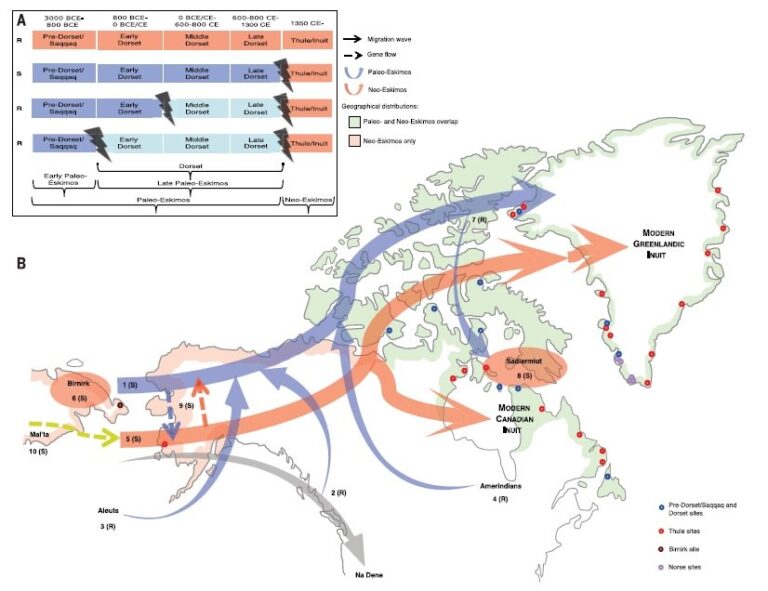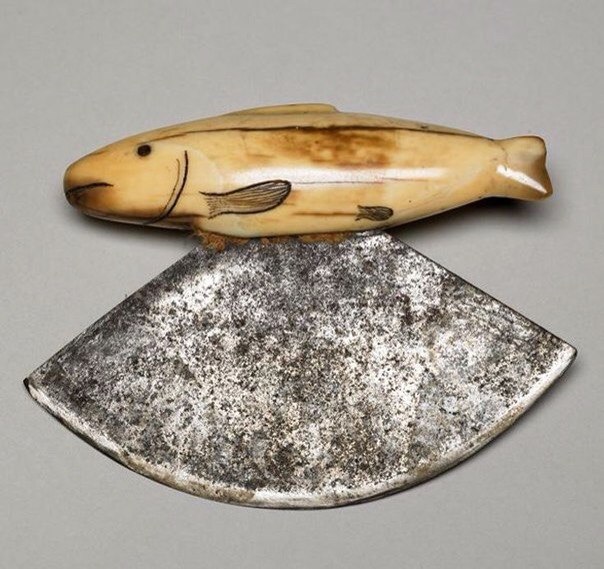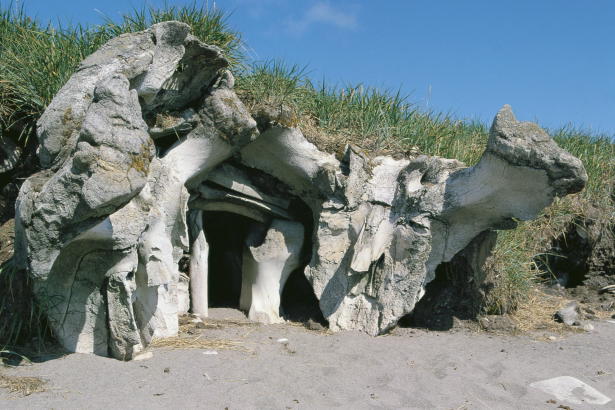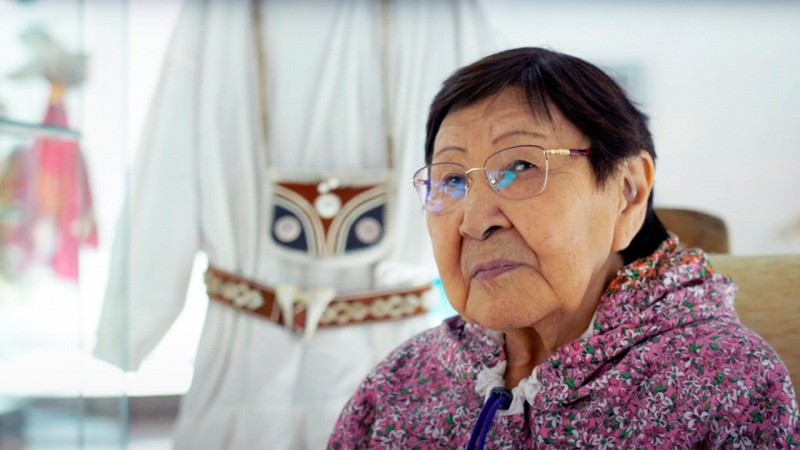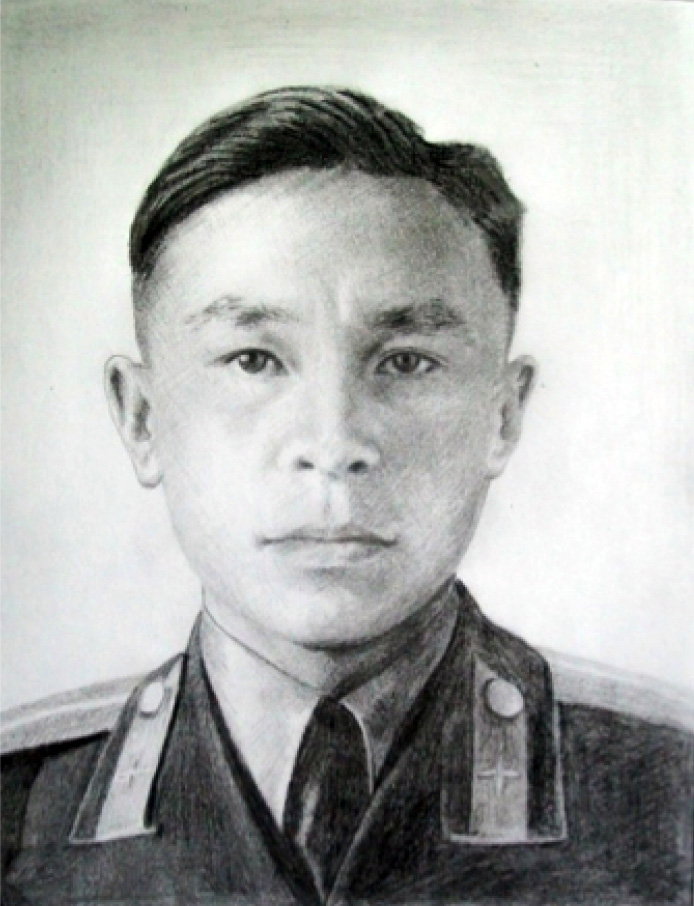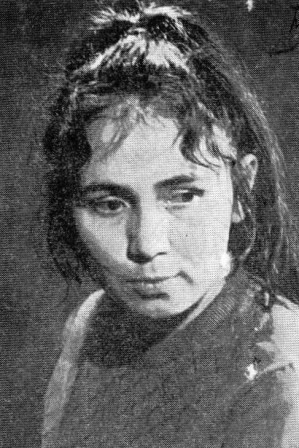Eskimo
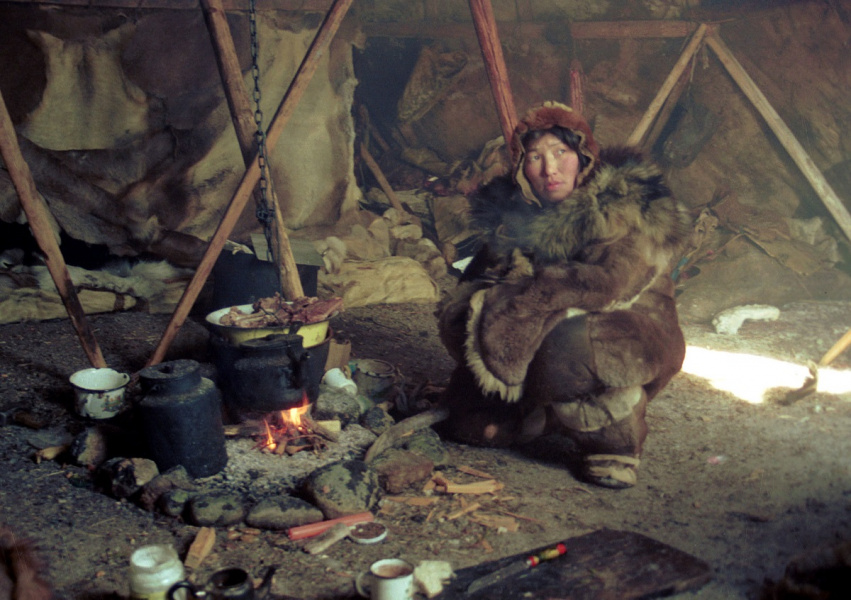
Eskimo, the accepted name of a group of related peoples: Inuit, live in Alaska (about 30 thousand people) and in Canada (about 25 thousand people); Kaliliites, – in Greenland (about 45 thousand people); Asian (Siberian) Eskimos, – in Russia, on the southeastern coast of the Chukchi Peninsula (according to according to the 2002 census – 1798 people).
The word "eskimo" (eskimantzig — "raw food eater", "one who eats raw fish") belongs to the language of the Indian tribes of the Abenaki and Athabascans. Europeans first learned about the Eskimos in 1611 from the report of the French missionary Biard about a trip to America. From the designation by Native Americans of representatives of the Arctic race, this word has turned into the traditional name of both American and Asian Eskimos.
The self–designation of the Asian Eskimos is yuk – man, or yupik – a real person, in plural – yupigyt. Local self–names were also used: ungazigmit, or Ungaziktsy – chaplintsy (Ungazik is the old name of the village of Chaplino), sirenigmit, or sireniktsy, or navukagmit – naukans. Chukchi called Eskimos ayvanat. Currently, some of the Eskimos of Chukotka consider it necessary to adopt the self-name "yupik" as an ethnonym.
The household culture of the Eskimos is unusually adapted to the Arctic. They invented a rotating harpoon to hunt sea animals, a kayak, a snow house igloo, special deaf clothes made of fur and skins.
Фото с https://travelask.ru/
Articles




